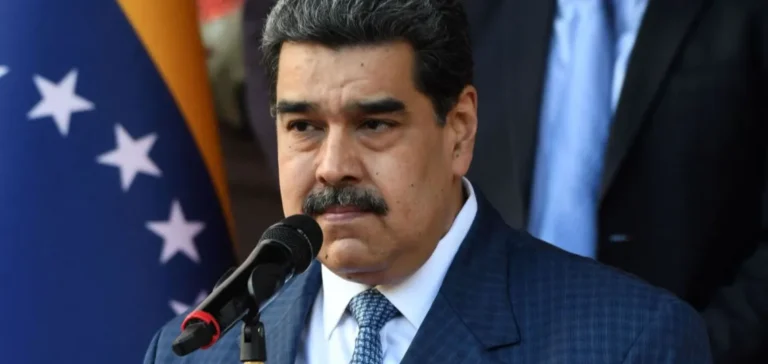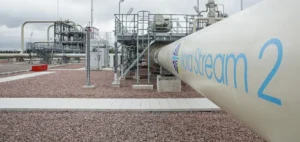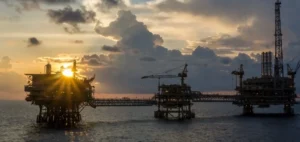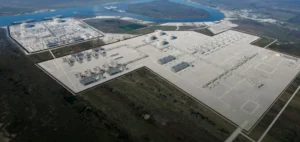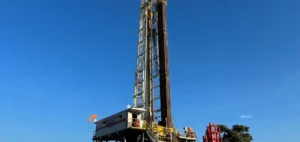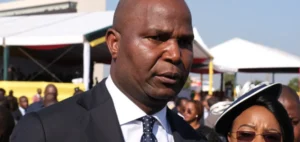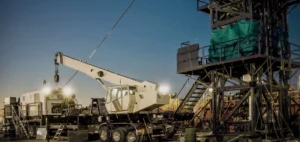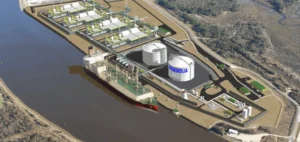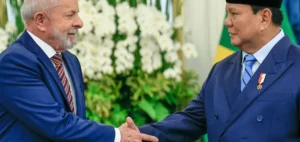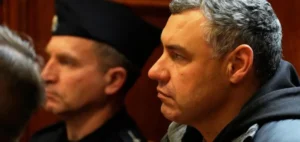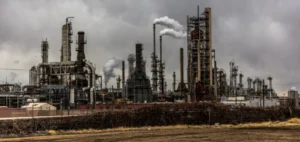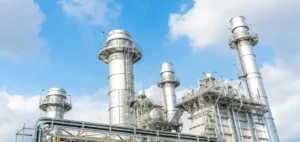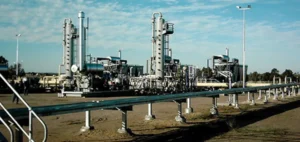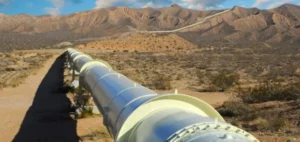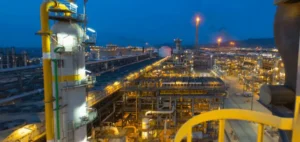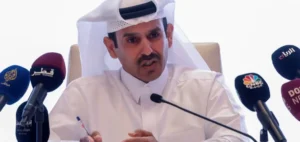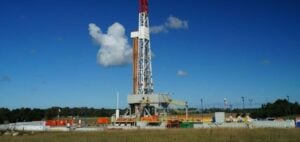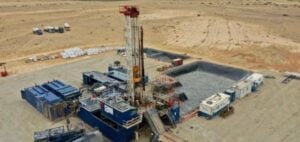Venezuelan President Nicolás Maduro has approved the immediate suspension of energy cooperation agreements with Trinidad and Tobago, halting years of joint development in the gas sector. The decision notably affects the Dragon project, one of the country’s strategic offshore gas fields in the Caribbean Sea, which had been planned in partnership with several foreign stakeholders.
Dragon project: a regional stake
The measure potentially involves the revocation of the development licence for the Dragon gas field, located in Venezuelan territorial waters and estimated to hold 4.2 trillion cubic feet of reserves. The site was seen as a crucial source for Trinidad and Tobago, facing a progressive depletion of its gas resources. The long-delayed project recently received development authorisation from Washington for Shell and the National Gas Company of Trinidad and Tobago (NGC).
The suspension comes as Trinidad and Tobago’s Prime Minister Kamla Persad-Bissessar, who took office in May, strengthens ties with the United States. Maduro accuses her of acting against Venezuela’s interests and of favouring increased U.S. military influence in the region.
Political pressure and diverging interests
According to the Venezuelan president, the new Trinidadian government is adopting a position that contradicts the commitments made under former Prime Minister Keith Rowley. Rowley had resisted U.S. sanctions to maintain energy cooperation with Caracas.
The rupture followed the docking of a U.S. military vessel in Port of Spain and Washington’s announcement of a carrier strike group deployment to Latin America. Maduro denounced the move, claiming Trinidad risks becoming a military outpost for the United States against Venezuela.
Consequences for industrial stakeholders
Shell, the National Gas Company of Trinidad and Tobago (NGC), and BP have not commented on Venezuela’s decision. These companies are involved in several offshore gas projects, including the Manatee field located on the maritime border between the two countries. Although Venezuela had authorised Trinidad to unilaterally develop the field on its side, the project’s future is now uncertain.
Caracas authorities stated that the Parliament and Supreme Court will be consulted to assess the legal implications of the suspension. No timeline has been communicated regarding the freezing or reassignment of resources tied to these projects.


